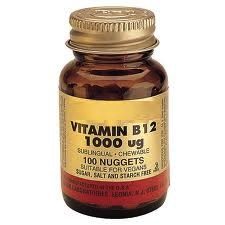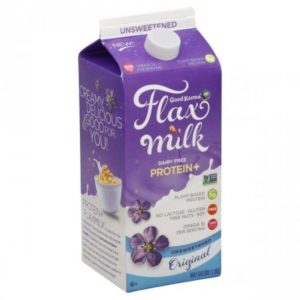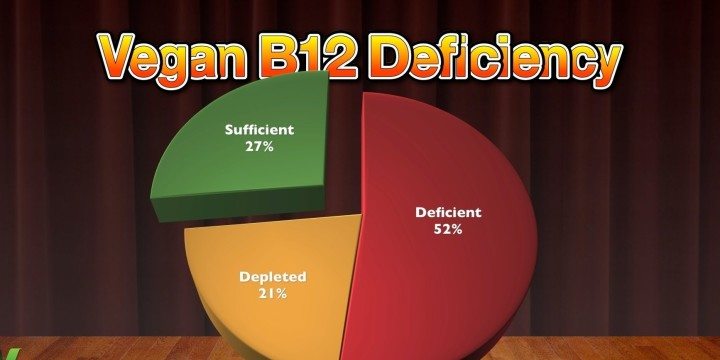There has been an ongoing debate on whether or not you can get enough B12 on a vegan diet without supplementation.
I set out to do a review of the literature on this topic and have come to the following conclusion for myself:
There is enough evidence that a vegan diet in today’s society is likely to lead to a B12 deficiency, that I choose to consume a B12 supplement on a regular, consistent basis.
Why is this such a hot topic?
For one, B12 is a complicated vitamin! I didn’t know how confusing a vitamin could be until the day I started researching this one! In simple terms, B12 is actually formed by a bacteria that is found mainly in soil, feces, and fecal contaminated water (I bet you didn’t think you would be reading about poop when you started this article!) We often contain the bacteria in our bodies, but it is generally found in the part of the intestine past the point where nutrients are absorbed into our bodies, so it is eliminated before doing us any good. Some animals, such as cows, have a digestive system that supports the bacteria to produce B12 within an area of the digestive tract that allow for adequate absorption. This is why eating them provides you (well, probably not YOU) the vitamin. Many animals also get this bacteria through the soil they consume along with their food. This is not the case however, if the soil being consumed does not contain adequate cobalt levels, as cobalt is necessary for B12 production. When it comes to plants, in our modern times, extreme measures are taken to rid them of all bacteria which destroys dangerous bacteria, but simultaneously kills the good bacteria that would give us B12. Vegan or not, people can become B12 deficient for other reasons as well, particularly due to malabsorption from gastrointestinal issues, medications, and other vitamins and minerals that, at high enough levels, can block B12 absorption. If the pie chart from NutritionFacts.Org is even close to reality, there is a good chance the amount you are getting is insufficient.
What happens if you don’t meet your body’s B12 requirements?
You can often go many years without noticing the symptoms, or at least making the connection, often when it is too late to reverse the damage. A B12 deficiency could eventually cause nerve and blood vessel damage, which can possibly lead to some terrible health problems such as cardiovascular disease, dementia, birth defects, depression, and bone density issues. It is therefore important to know the signs and symptoms, and get tested if you are having any. A few of the early warning signs are listed below, and full a more comprehensive list, click HERE.
- Unusual fatigue
- Faulty digestion
- No appetite
- Nausea
- Loss of menstruation
How to Get Enough B-12
In summary, with all the risk factors involved, I believe supplementing is the smart thing to do. There are 3 types of B12. There are several types of B12 and the research on which is “best” is mixed. The most common (and cheapest) type of B12 is cyanocobalamin, and most research seems to suggest that for most people (except this type is effective enough to meet our B12 needs. Then there is hydroxycobalamin, which is often considered a better option than cyanocobalamin, but is only found in an injectable form. More recently however, methylcobalamin seems to be getting hyped as superior to all others, so I am using this type currently. I think, at this point though, if you are not using anything, just start taking one of these it is a good start.  Please note, that each specific type of B12 calls for a different recommended dosage. There are also different dose recommendations for treating a deficiency and simply maintaining proper amounts in the body.
Please note, that each specific type of B12 calls for a different recommended dosage. There are also different dose recommendations for treating a deficiency and simply maintaining proper amounts in the body.
There are also many vegan, B12-fortified foods available these days. The new flax milk I started using for example, contains 25% RDA of B12. In my opinion though, relying on these foods to meet all your B12 requirements on a daily basis is unrealistic.
I hope this helps you in your search for true vegan health! Please feel free to address the topic further on our Sexy Fit Vegan Forum and for a more expansive, detailed, technical explanation about B12, I recommend the article on VeganHealth.Org.
In Health & Happiness,
Ella

